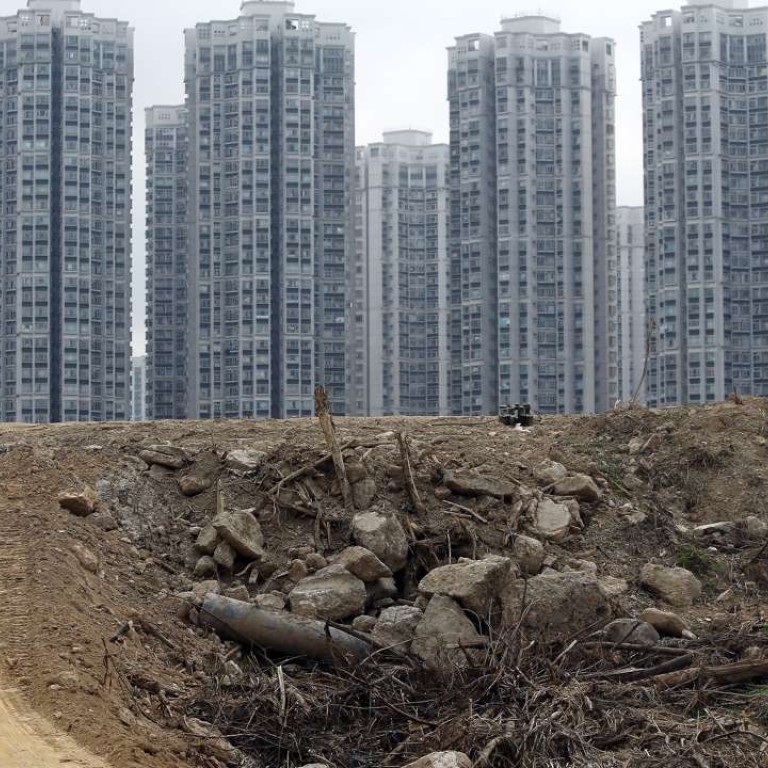
Hong Kong government too passive on illegal use of its land, says watchdog
Ombudsman calls for more random inspections of government plots
Loopholes identified in the system have allowed people to occupy public land illegally for decades, a government watchdog revealed Tuesday.
In one case a cafe operated rent-free illegally in the open area of a village – despite residents’ complaints – for almost 20 years.

Illegal occupiers could also claim they were applying for a regularisation, with decisions sometimes taking nearly four years – far exceeding the 24 weeks stipulated in the working guidelines of the department.
During the wait, public land could still be occupied or used at “zero cost”, Lau said.
In the watchdog’s latest report on administrative shortcomings, she made five recommendations to the department, including the need to conduct proactive inspections randomly to find illegal occupiers and breaches of lease conditions.
“Normally, the Lands Department will conduct inspections only upon receipt of public complaints or media reports. Even so, they allow those who have committed breaches to apply for regularisation,” Lau said.
“This amounts to encouraging and conniving in cases of people first committing breaches and then applying for regularisation, thus aggravating the problem of illegal occupation.”

Senior investigation officer Margaret Fung Tin-lai said illegal land use often involved turning public space into private gardens, car parks, storage facilities, and other commercial premises. Storage facilities in industrial buildings were illegally being used as diners or shops.
The average waiting time when applying for regularisation of illegal occupation by way of short-term tenancy was around 13 to 19 months in 2012 to 2014, far exceeding the stipulated 24 weeks.
The longest wait was almost four years, and the government would lose revenue in rent or waiver fees during the delay.
The report also recommended the department make applicants pay a “forbearance fee” for regularisation to prevent abuse of the system.
Democratic Party lawmaker Wu Chi-wai said it was “outrageous” that the department had connived with certain “powerful figures” to occupy public land illegally.
Wu was referring to the case of Mak Sai-yiu, who retired as assistant commissioner for labour in 1996 and was accused of building a single-storey house on 9,700 square feet of government land. The party would meet development minister Paul Chan Mo-po to urge him to crack down on such practices, Wu said.
A spokesman said the department generally accepted the findings of the investigation.


